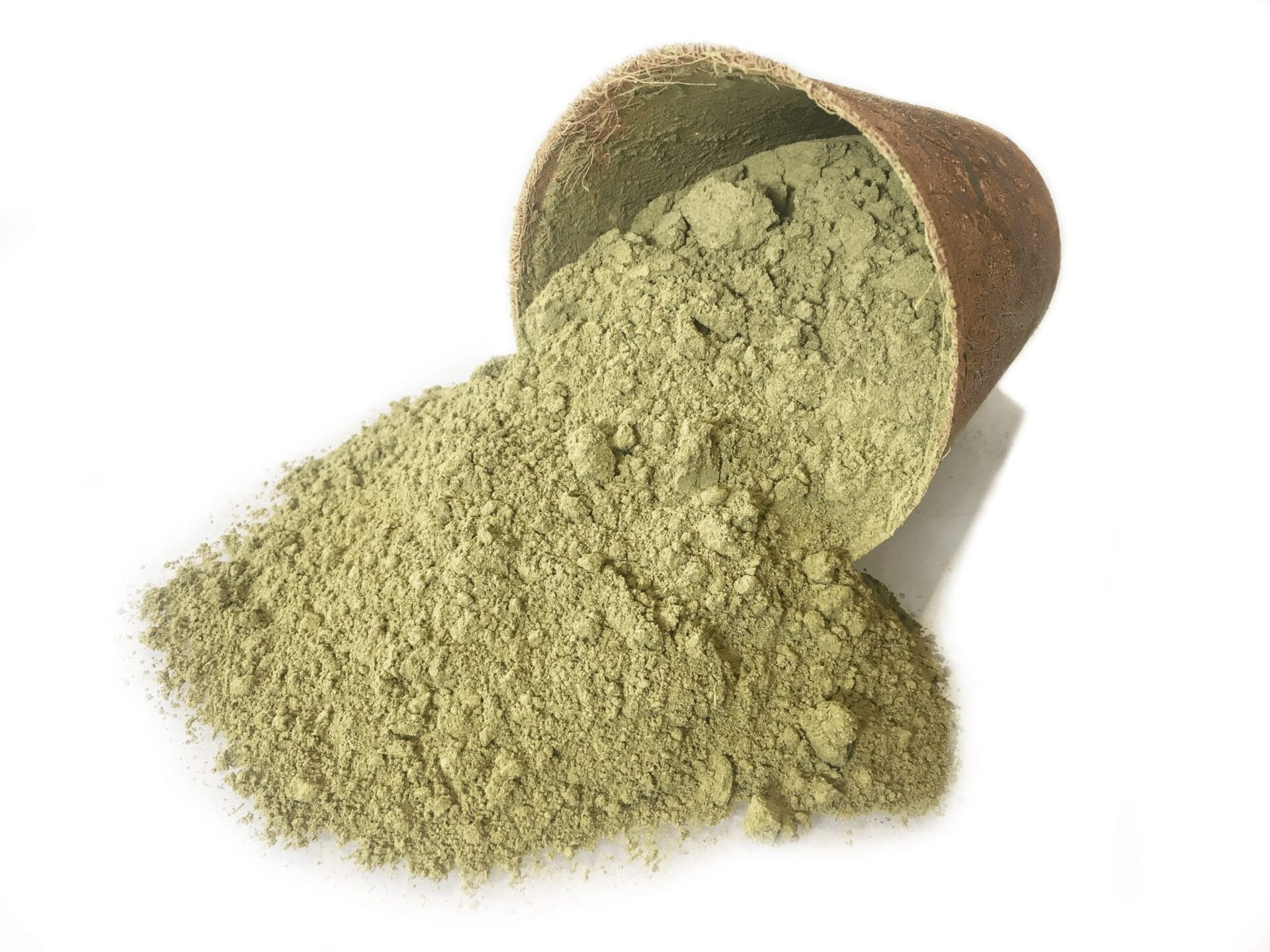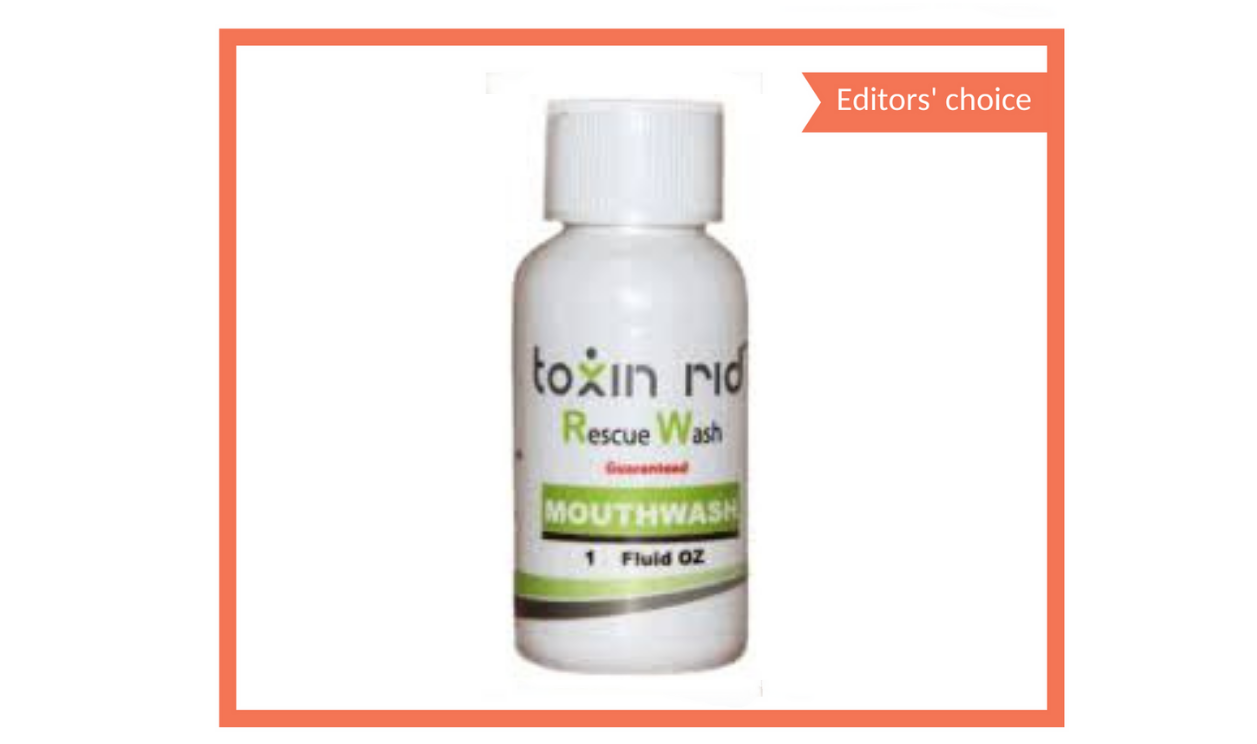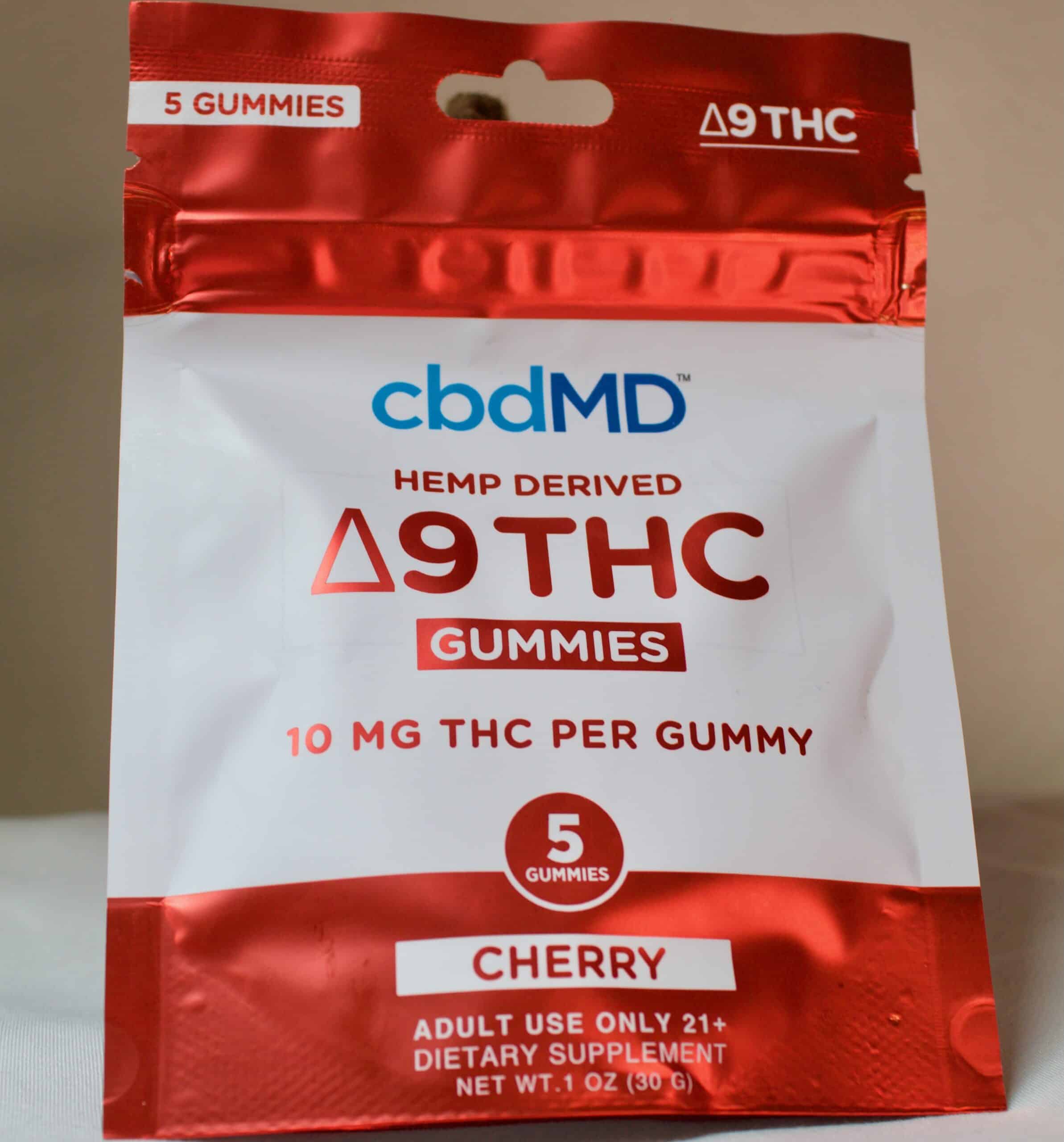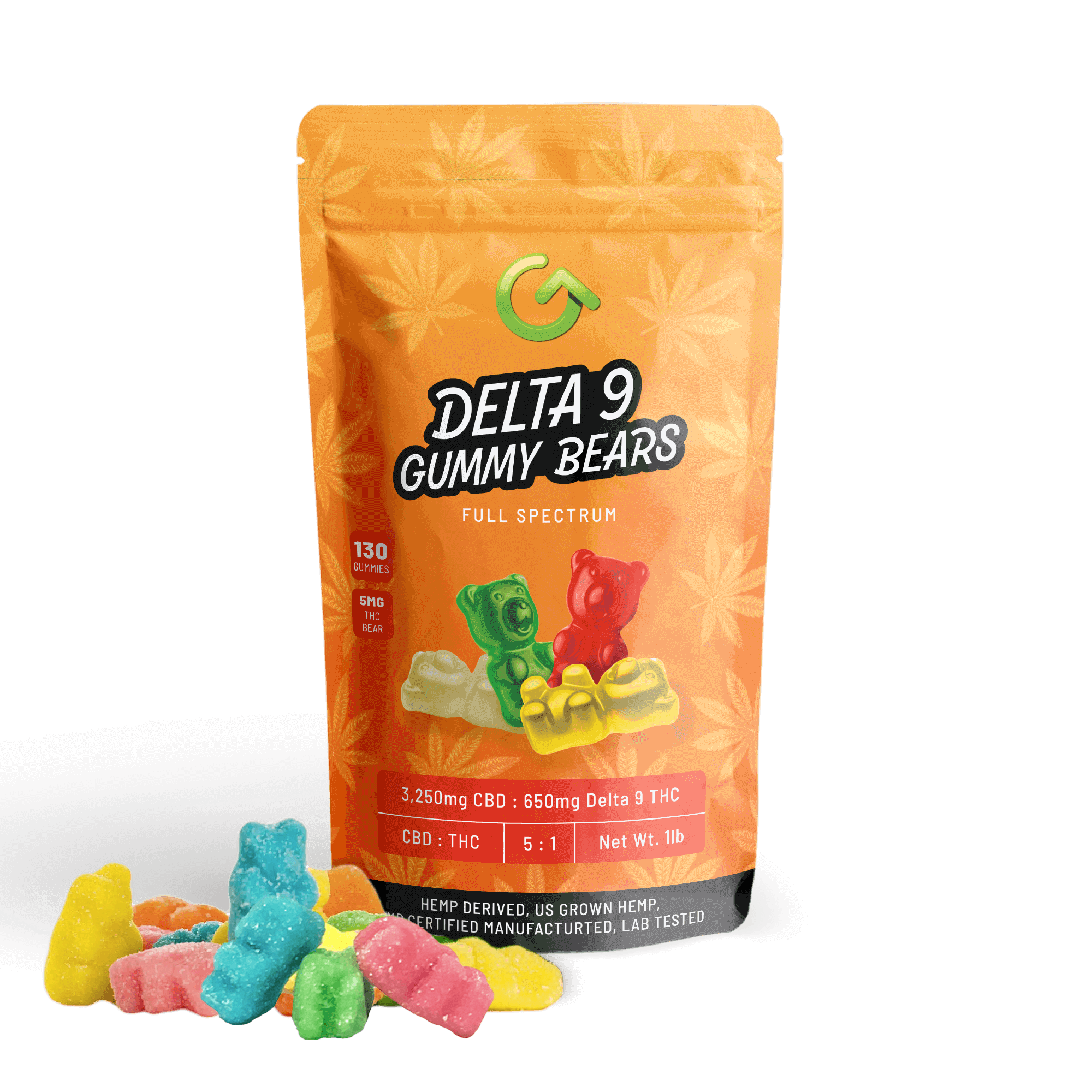In natural supplements, White Thai Kratom powder stands out as a potent ally in enhancing mood and promoting overall well-being. Derived from the leaves of Mitragyna speciosa, a tropical tree native to Southeast Asia, White Thai Kratom has gained popularity for its stimulating and mood-boosting effects. This article explores how this herbal remedy can positively impact your mood and contribute to a more balanced lifestyle.
White Thai Kratom originates from the lush forests of Thailand, where locals have long utilized its leaves for their energizing properties. Unlike its counterparts, such as Red or Green Kratom, White Thai Kratom is distinguished by its unique alkaloid profile, which is believed to contribute to its invigorating effects. It’s commonly powdered, making it versatile for various consumption methods.

How White Thai Kratom Enhances Mood
One of the key benefits of White Thai Kratom is its ability to uplift mood and promote a sense of well-being. The alkaloids present in White Thai Kratom interact with the brain’s receptors, potentially boosting neurotransmitters like serotonin and dopamine. This interaction may help alleviate feelings of stress and anxiety, replacing them with a more positive outlook on life.
Benefits Beyond Mood Enhancement
Beyond its mood-boosting properties, White Thai Kratom is also recognized for its potential to increase energy levels and improve focus. Many users report experiencing a surge in mental clarity and motivation after consuming White Thai Kratom, making it a popular choice for those needing a natural productivity boost without the jitteriness often associated with synthetic stimulants.
How to Incorporate White Thai Kratom into Your Daily Routine
Integrating White Thai Kratom into your daily routine can be done in several convenient ways. The most common method is mixing the powdered form into beverages like tea or juice. Some users prefer encapsulating the powder for easy ingestion, while others incorporate it into recipes for a more subtle delivery.
Potential Side Effects and Considerations
While White Thai Kratom is generally well-tolerated by most individuals when used responsibly, it’s essential to be mindful of potential side effects. These may include nausea, dizziness, or mild discomfort, particularly when consumed excessively. As with any supplement, consulting with a healthcare professional before starting is advisable, especially if you have pre-existing health conditions or are taking medications.
The Future of White Thai Kratom in Wellness
As interest in natural wellness solutions grows, White Thai Kratom continues to garner attention for its holistic benefits. Whether you’re seeking to enhance your mood, increase energy levels, or improve focus, White Thai Kratom offers a natural alternative worth exploring. With responsible use and proper understanding, it can be a valuable addition to your wellness toolkit.

Conclusion
In conclusion, White Thai Kratom represents more than just a herbal supplement; it embodies a natural way to uplift mood and support overall well-being. With its origins rooted in traditional practices and its benefits increasingly validated by modern research, White Thai Kratom stands poised to play a significant role in promoting mental clarity, emotional balance, and vitality in everyday life.






